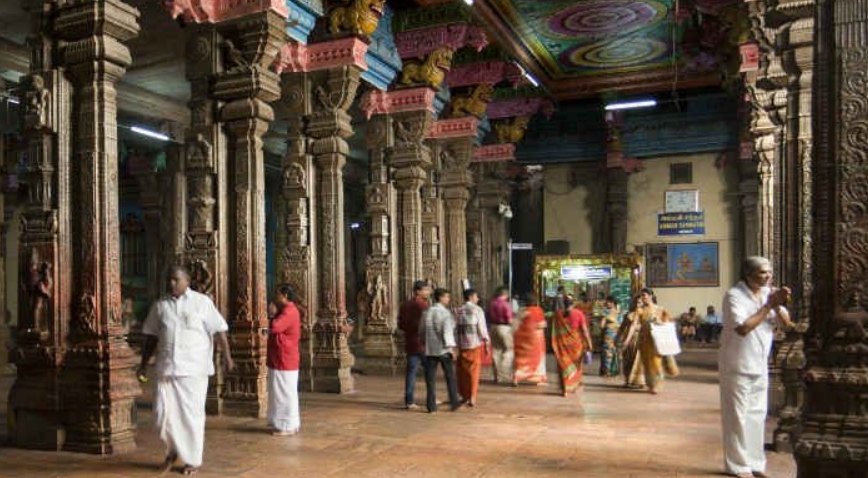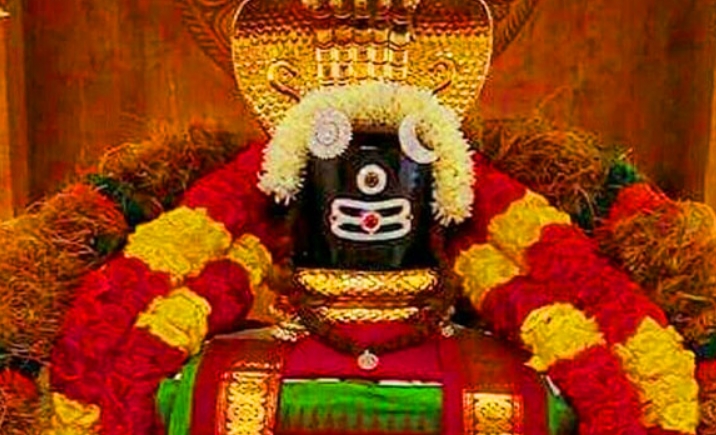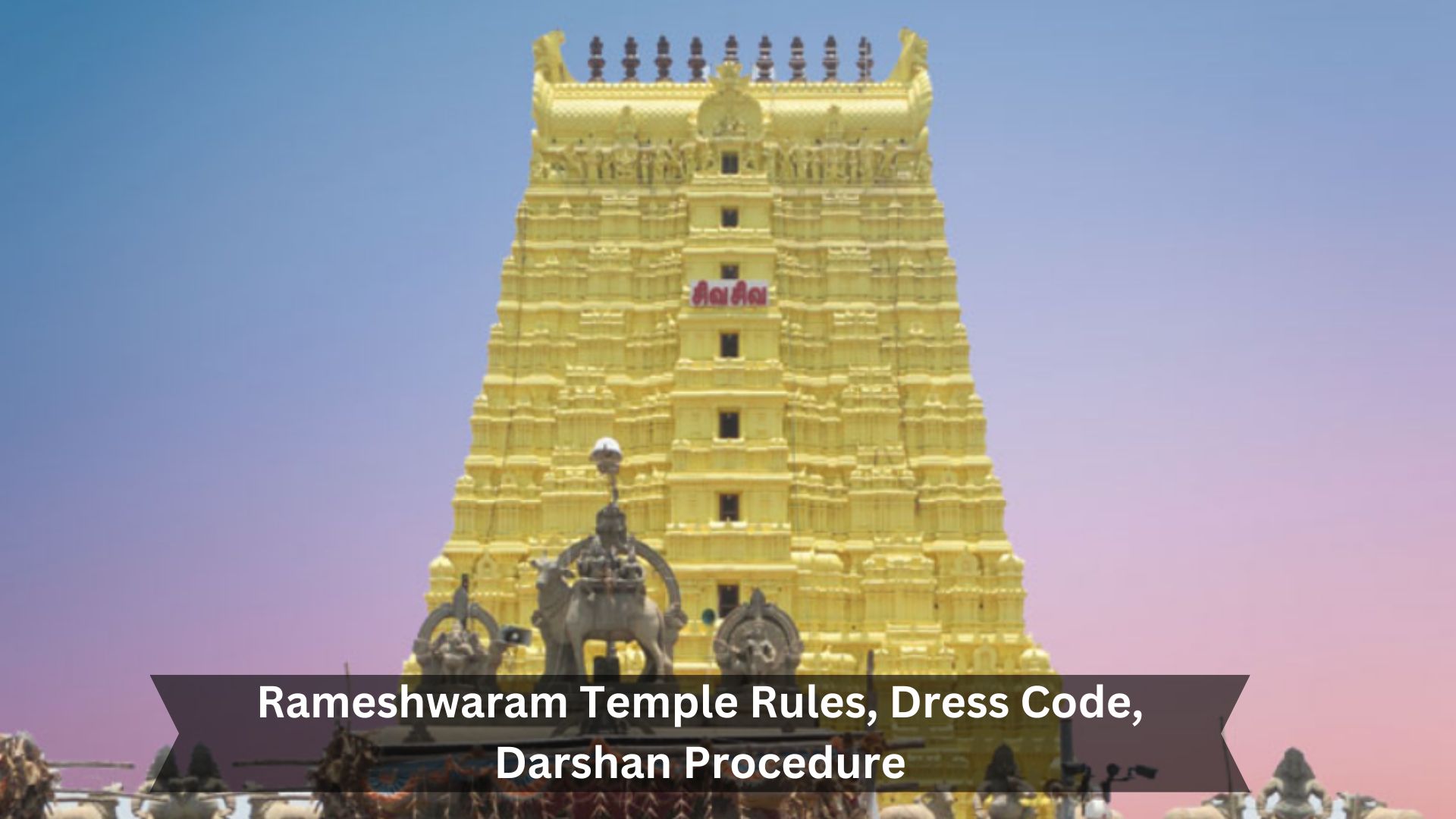Key Takeaways
- Men should wear dhotis or other traditional clothes, and women should wear sarees or churidars at Rameshwaram Temple.
- You can visit the temple for free, but there are also special poojas and VIP darshan you can pay for, ranging from Rs.200 to Rs.1500.
- VIP darshan costs between Rs.300 and Rs.500, and it allows you quicker access and a more profound spiritual experience.
- The Spatika Linga Darshan is at 5:10 a.m. and costs Rs.50. It’s a great way to start your day peacefully and with meditation.
- When visiting, it’s essential to dress modestly and avoid Western-style clothing to honor the temple’s sacred atmosphere.
Rameshwaram, a major pilgrimage destination, is famous for its deep roots in mythology and its calm, coastal setting. It’s on Pamban Island, just off the coast of Tamil Nadu, and is part of the Char Dham pilgrimage. This place is linked to the epic, the Ramayana.
It’s said that Lord Rama built a bridge from here to Lanka here. The big draw is the Ramanathaswamy Temple, home to one of the 12 Jyotirlingas. The temple’s complex design and spiritual feel attract many people yearly, making it a key spot for those looking to refresh their spirit and explore history.
Dress Code and Conduct at Rameshwaram Temple

Dress code for men
Men visiting Rameshwaram Temple need to dress traditionally. You can wear a dhoti with a shirt, or choose pyjamas or pants. Make sure your shirts are simple and avoid loud prints or patterns.
The temple is strict about this dress code because it helps keep the place respectful and accurate to its cultural roots. If you wear pants, stay away from jeans and pick something more understated.
Your clothes must be clean and suitable for the temple’s sacred atmosphere. This way, you show respect and reverence during your visit.
Dress code for women
When visiting Rameshwaram Temple, women must follow specific dress guidelines to respect the temple’s sacredness. They must wear modest and traditional clothes.
- Sarees or Churidars: It’s best to wear traditional Indian sarees or churidars. They cover the body well and keep in line with the temple’s customs.
- Pavadai with Half-Sari: For young girls, wearing a pavadai with a half-sari is ideal. It’s seen as modest and appropriate for the temple.
- Skip Western Clothing: Leave the jeans, shorts, and T-shirts at home. These types of Western clothes aren’t allowed inside the temple.
Darshan Procedure at Rameshwaram Temple
Entry fee details
Understanding the entry fees for the Rameshwaram Temple is vital if you’re planning to visit. There are different options based on what kind of spiritual experience you’re looking for. Each one has a different cost to meet the needs of various visitors.
- General Darshan: It’s free. You can enter the main temple area during regular hours without paying.
- Special Pooja Tickets: These cost between Rs. 150 and Rs. 1500. You get to participate in various rituals and receive blessings.
- 22 Kund Bath and Abhishekam: The Kund Bath is Rs. 25, and the Abhishekam service is Rs. 1000. These services offer a more profound spiritual experience.
VIP darshan option
For visitors who want a quick and special visit to Rameshwaram Temple, the VIP darshan option is available. This service lets you skip the long lines that are common with regular entry. It costs between Rs. 300 to Rs. 500 per person.
With VIP darshan, you get to see the sacred area faster and more closely. You can buy tickets right at the temple. Sometimes, tickets might be hard to get, especially during festivals.
Spatika Linga darshan
The Spatika Linga darshan at Rameshwaram Temple starts at 5:10 a.m. and costs just Rs.50. This ritual centers around the worship of a crystal lingam, which is believed to help clear one’s mind and purify one’s spirit. It’s a peaceful time of day, perfect for meditating and finding a bit of quiet.
- Timings: It starts at 5:10 a.m., which is a peaceful time to be at the temple.
- Fee: It’s only Rs.50, so most people can afford it.
- Spiritual Significance: It’s known for helping you feel more clear-headed and calm.
It’s a simple and beautiful way to start your day, surrounded by the quiet and the spiritual energy of the temple.
Main darshan to Jyotirlinga

After checking out the peaceful Spatika Linga, visiting the main Jyotirlinga at Rameshwaram Temple is a deep dive into Hindu spirituality.
Here, you’re led right into the heart of the temple where the Jyotirlinga, a symbol of Lord Shiva, sits. It’s a busy place, always filled with devotees drawn by its spiritual strength and rich history.
The temple folks have the process down to a science to handle the crowds, making sure everyone gets a chance to pray and offer respects smoothly.
People usually come to pray and seek blessings, hoping for spiritual growth. The vibe inside during this visit? It’s really calm and focused, truly a highlight for anyone who comes.
Explore the temple’s corridors
Walking through the temple’s corridors is like stepping back in time, right into the heart of ancient craftsmanship. Rameshwaram Temple is famous for its long corridors, the longest in the world, actually, stretching over 1200 meters. The place is a testament to the skills of those ancient builders.
The corridors are lined with granite columns, and each one is a piece of art. They’re covered in carvings that tell stories from Hindu mythology. It’s like each pillar has a story to share if you just take the time to look.
- Simple Design, Big Impact: The design is straightforward – long corridors and decorated columns – but it leaves a big impression.
- Stories in Stone: The carvings on each column aren’t just decoration. They make you think and feel something more profound.
- A Quiet Walk: Moving through these corridors can calm your mind. It’s an excellent place to find some peace.
Conclusion
Rameshwaram is a captivating spot for both travelers and pilgrims. When you visit the temple, make sure to follow its dress code and other rules. This way, you’ll show respect and have a meaningful experience.
Whether you’re there for spiritual reasons or just to soak in the local culture, Rameshwaram has a lot to offer. Its architecture and peaceful surroundings give you a real taste of Indian spirituality and history.

Deepak Sharma is a passionate writer and avid traveler who specializes in uncovering the beauty and history of India’s attractions and temples. A graduate of Delhi University, Deepak has a deep-rooted love for his country and its rich cultural heritage.
